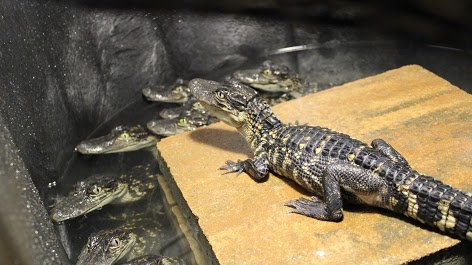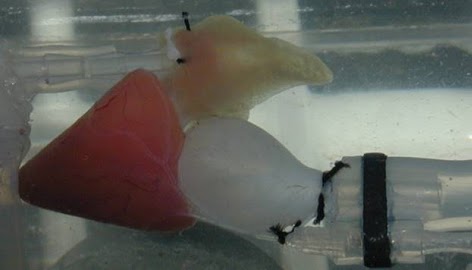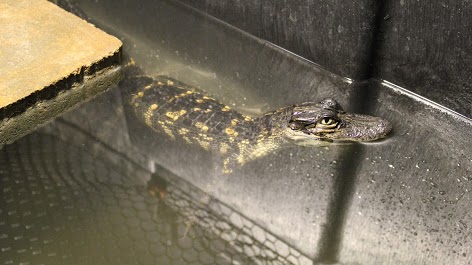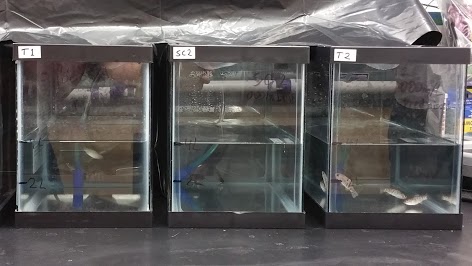Research
American Alligator Physiology
Our lab is studying the effects of saltwater on juvenile American alligator physiology. Alligators can be exposed to saltwater during storm surges from major storms and hurricanes, drought and anthropogenic activities that alter freshwater river flows. We are looking at effects on the renin-angiotensin-aldosterone system (RAAS), steroidogenesis and morphology.

Fish Physiology
Our lab is studying the effects of saltwater on juvenile American alligator physiology. Alligators can be exposed to saltwater during storm surges from major storms and hurricanes, drought and anthropogenic activities that alter freshwater river flows. We are looking at effects on the renin-angiotensin-aldosterone system (RAAS), steroidogenesis and morphology.

Endocrinology
Our lab is studying the effects of saltwater on juvenile American alligator physiology. Alligators can be exposed to saltwater during storm surges from major storms and hurricanes, drought and anthropogenic activities that alter freshwater river flows. We are looking at effects on the renin-angiotensin-aldosterone system (RAAS), steroidogenesis and morphology.

Cardiovascular Physiology
We study many physiological systems in our lab but the main focus is to understand how various environmental and anthropogenic stressors affect cardiovascular function in vertebrates. We study cardiovascular function at the organismal level and cardiac function at the organ level (isolated heart-picture on the left), receptor and genetic level. Current model organisms are American alligators and local Gulf of Mexico fish species.


